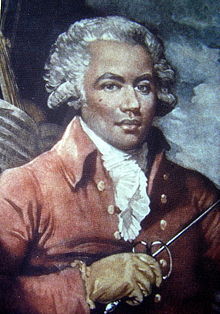The African-American musician has occupied a crucial space in American history. The African-American violinist is but one of these musicians. Since bondage, they have with their music, shown a preponderance of excellent artistry. The African-American violinist has navigated huge challenges in pursuit to education and training on a particular instrument that embodied the elite in European society. These violinists have over time, masterfully incorporated overwhelming ancient African rhythms and minor tones into European music theory. As such, the violinist has improvised a musical genre where one did not exist. They used music to carve out spaces of privilege and have certainly tasted tiny bits of liberty in an era of enslavement.
Solomon Northup notes his peculiar status as a violinist while held captive in his
1853 narrative:
Alas! Had it not been for my beloved violin, I scarcely can conceive how I could have endured the long years of bondage. It introduced me to great houses–relieved me of many days’ of labor in the field–supplied me with conveniences for my cabin with pipes and tobacco and extra pairs of shoes, and oftentimes led me away from the presence of a hard master . .











.jpg)


